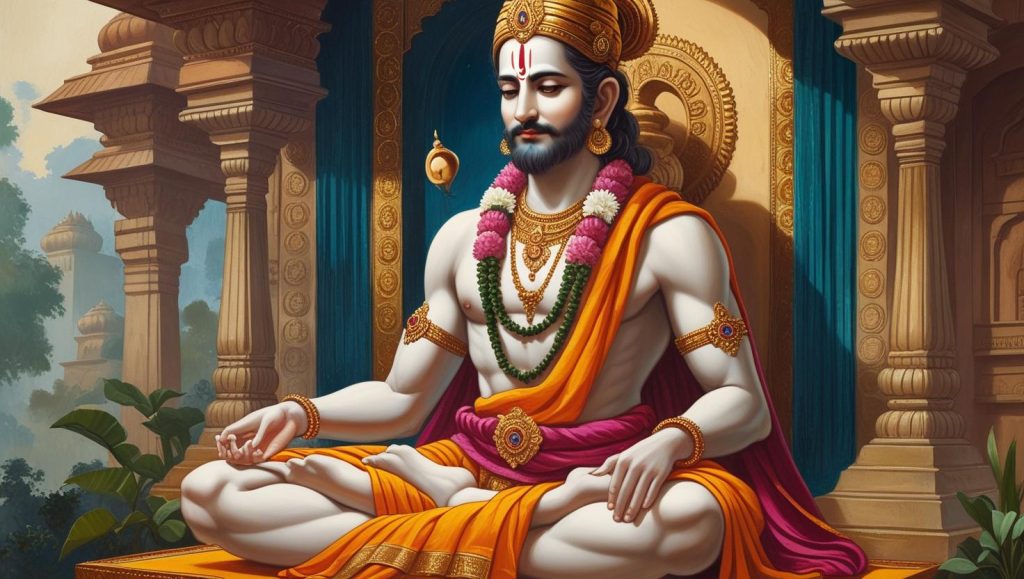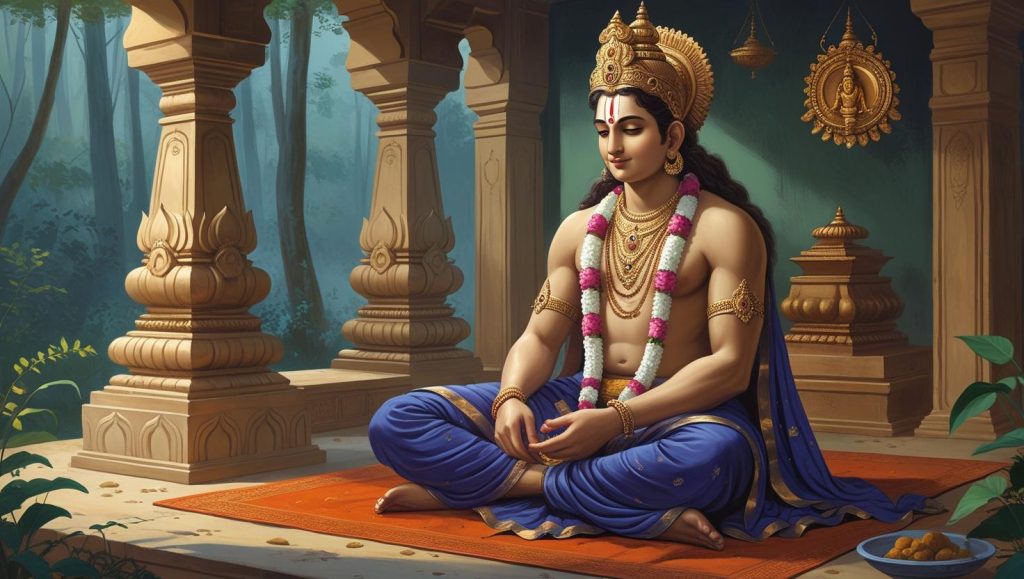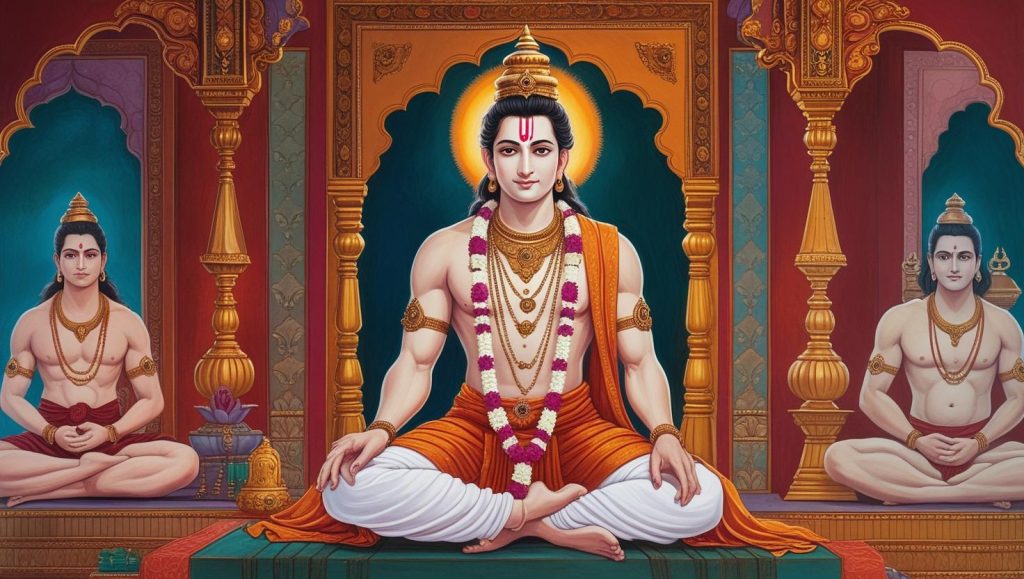Ajitnath, the second Tirthankar in the current cosmic cycle, played a pivotal role in strengthening and preserving Jain Dharma during his time. Born as Prince Vimal in Ayodhya to King Jitashatru and Queen Vijaya, he was destined for spiritual greatness from birth. His life reflects an unwavering commitment to the eternal principles of Jainism—non-violence (ahimsa), truth (satya), non-stealing (asteya), celibacy (brahmacharya), and non-possessiveness (aparigraha).
Preserving the Core Teachings
Ajitnath guided his followers towards renunciation and spiritual discipline. Through his discourses, he reaffirmed that liberation (moksha) could only be achieved through right faith, right knowledge, and right conduct—the Three Jewels of Jainism. His leadership helped safeguard these values at a time when worldly desires often overshadowed spiritual pursuits.

Spiritual Leadership
Ajitnath’s sermons emphasized the importance of compassion towards all living beings, reinforcing ahimsa as the cornerstone of Jain practice. His presence inspired kings, ministers, and commoners alike to adopt a path of ethical living. This mass influence ensured Jain Dharma’s expansion and consolidation.
Establishing Monastic Traditions
By ordaining a strong community of monks and nuns, Ajitnath ensured the continuity of spiritual knowledge. This organized sangha became the vehicle through which Jain philosophy was passed down through generations, preserving its purity.

Inspiring Generations
Ajitnath’s life continues to inspire modern-day Jains. His teachings remind us that protecting a religion is not merely about safeguarding texts or temples—it’s about living by its values and inspiring others to do the same.
In the tapestry of Jain history, Ajitnath stands as a guardian of dharma, ensuring its survival through timeless wisdom and exemplary conduct.


